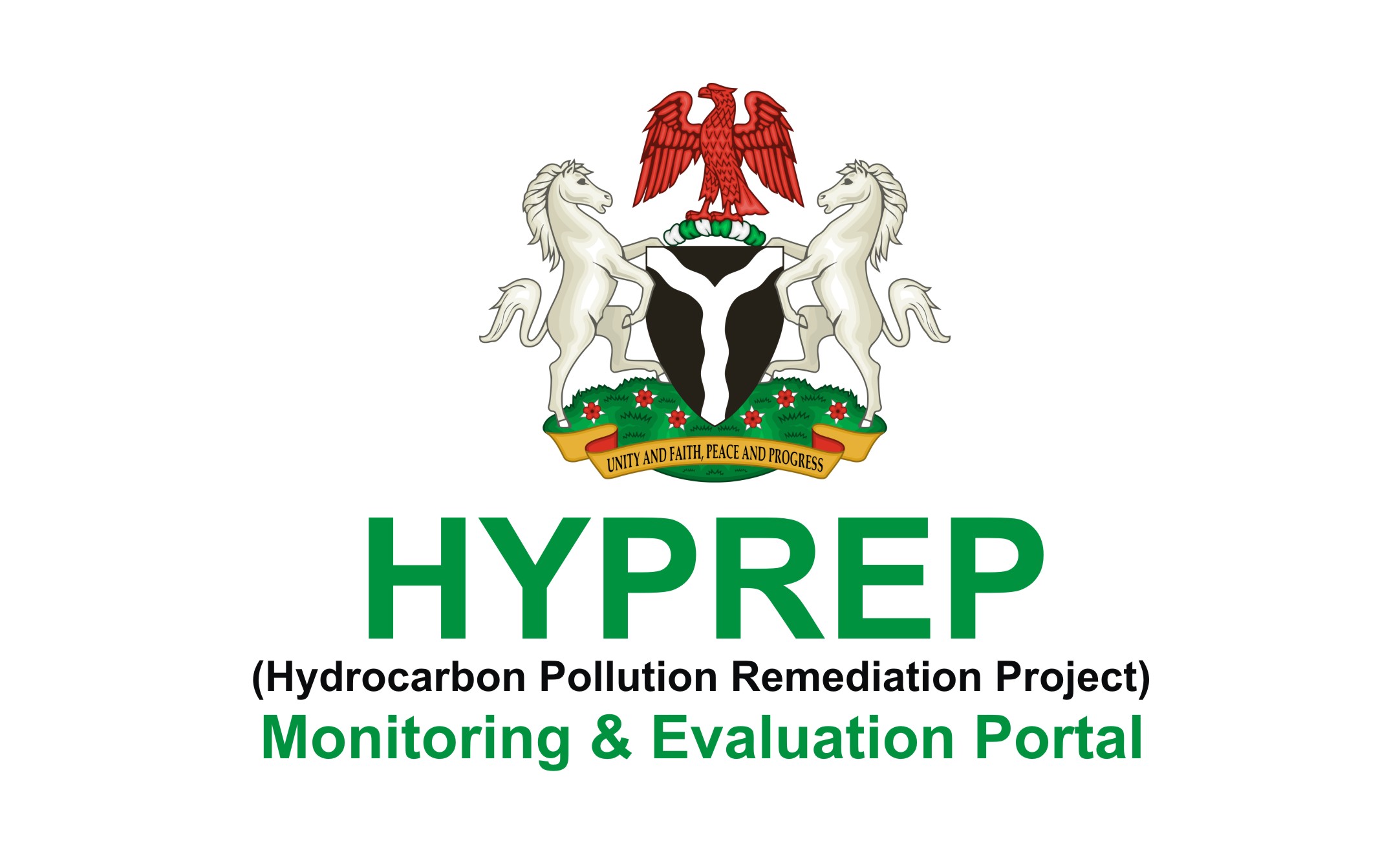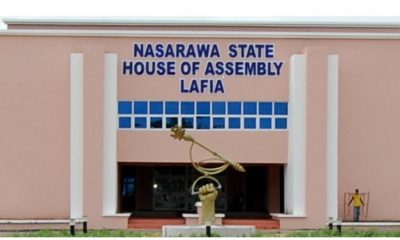Business
Debt Servicing: Economist Tasks FG On Transparency
An economist, Prof. Ndubuisi Nwokoma, has called on the Federal Government to ensure transparency in revenue generation toward boosting revenue and reducing borrowings.
Nwokoma, a Professor of Economics, University of Lagos, who said this in Lagos yesterday, urged transparency in public financial management to address revenue leakages.
Nwokoma was reacting to the International Monetary Fund (IMF) concern that Nigeria’s debt servicing to revenue ratio was more than 50 per cent, which was not good for the economy.
It will be recalled that Mr Amine Mati, IMF senior resident representative for Nigeria, had said public debt was diverting more resources toward interest payments.
Mati said that although Nigeria’s debt to Gross Domestic Product (GDP) was quite low, but more than 50 per cent of revenue went into interest payments.
According to him, increase in revenue is very important to bridge the gap to ensure that revenue to GDP is sufficient to pay up and service debt profitably.
Nwokoma said that government was making more revenues through stamp duty, taxation and custom duties, noting that these revenues were not properly accounted for.
He said that transparency in public financial management would curb leakages and boost revenue generation.
“Government should put its house in order and we need to seriously take the issue of classification of revenues seriously because oil cannot sustain the economy for a long time,’’ Nwokoma said.
He noted that government was servicing debt with more than 50 per cent of revenue because the economy depended largely on oil.
According to him, effort of the government to diversify the economy has not yielded much result in terms of foreign exchange earnings.
“Its quite dicey that government is still borrowing in spite of this bad situation,’’ he added.
Nwokoma said that government needed to look at debt servicing to revenue generated because the figure was not encouraging.
He said that government should minimise borrowing at all costs and ensure it doesn’t borrow for recurrent expenditure: adding “we must not borrow to fund consumption.’’
“We cannot tie down the volume of capital formation with the volume of borrowing.
“We are borrowing more than we are investing in infrastructure and this is not good for the country’s growth and development,’’ Nwokoma said.
He said that government must cut down on import needs to reduce the amount spent on imports.
Business
NCDMB, Dangote Refinery Unveil JTC On Deepening Local Content

Business
Industry Leaders Defend Local Content, … Rally Behind NCDMB

Business
Replace Nipa Palms With Mangroove In Ogoni, Group Urges FG, HYPREP

-
News2 days ago
PCRC Dismisses Claims Of Police Strike As Fake, Mischievous
-

 Politics1 day ago
Politics1 day agoNasarawa Speaker Advocates Conducive Executive/Legislature Relations
-
Niger Delta2 days ago
Delta Leverages On Extensive River Networks To Drive Blue Economy
-
Business2 days ago
2027: Group Vows To Prevail On Diri To Dump PDP For APC
-
News1 day ago
FG Renames University of Maiduguri After Buhari …As Tinubu Pours Encomiums On Late President
-
News2 days ago
NUP Denies Planned Protest Over N32,000 Pension Increment
-

 News1 day ago
News1 day agoRivers PDP Debunks Sale Of LGA Election Forms
-
Niger Delta2 days ago
Bishop Mocks Fake Prophecy Seekers … As Priests Relive Challenges At Ordination Ceremony

